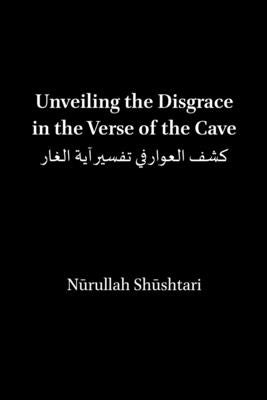Description
Central to the discourse between Shīʿites and Sunnis is the question of how the companions of the Prophet should be regarded. On one side of the spectrum, there are those who advocate for unwavering reverence and regard all companions as inherently good and righteous individuals. They argue that the companions' close proximity to the Prophet and their unwavering loyalty make them deserving of utmost respect. However, an opposing viewpoint emerges, challenging the notion of universal reverence for the companions. This perspective posits that the companions, like any other group of people, encompass both virtuous and flawed individuals. It emphasizes the importance of critically assessing the actions and character of each companion, rather than embracing a blanket perception. Within this broader debate, certain individuals among the companions become focal points of contention. One such figure is Abu Bakr, who assumed authority and power following the Prophet's demise. Sunnis grant Abu Bakr an elevated status, considering him superior among all Muslims from the generation of the companions. However, Shīʿites hold contrasting beliefs, citing accusations against him in their books, deeming him unworthy of respect and authority. A significant aspect of this debate revolves around the interpretation of a specific verse in the Quran, known as the verse of the cave. This verse recounts the event when the Prophet, facing persecution, sought refuge in the cave of Thawr and subsequently fled to Medina. This treatise delves into a profound analysis of the frequently referenced verse regarding the cave, which holds different interpretations within the Sunni and Shīʿites perspectives. Sunnis commonly view this verse as a testament to the virtue of Abu Bakr, whereas Shīʿites argue that it serves as a condemnation of the individual in question. The treatise provides a comprehensive exploration of the various arguments and evidence put forth by both sides, shedding light on the divergent interpretations and seeking to establish a deeper understanding of the verse's intended meaning. Nūrullah Shūshtari, the author of this treatise, holds a distinguished position as an accomplished scholar within the Shīʿite circles. He brings into discussions the words of Niẓam al-Dīn Al-Nīsābūri, a prominent Sunni scholar from the Shāfiʿite school, renowned for his extensive work of tafsīr titled gharāʾib al-qurān wa-raghāʾib al-furqān.
Author: Nurullah Shushtari
Publisher: Lulu.com
Published: 09/27/2023
Pages: 82
Binding Type: Paperback
Weight: 0.29lbs
Size: 9.00h x 6.00w x 0.20d
ISBN13: 9781446724125
ISBN10: 1446724123
BISAC Categories:
- Religion | Islam | Shi'a
Author: Nurullah Shushtari
Publisher: Lulu.com
Published: 09/27/2023
Pages: 82
Binding Type: Paperback
Weight: 0.29lbs
Size: 9.00h x 6.00w x 0.20d
ISBN13: 9781446724125
ISBN10: 1446724123
BISAC Categories:
- Religion | Islam | Shi'a
This title is not returnable

